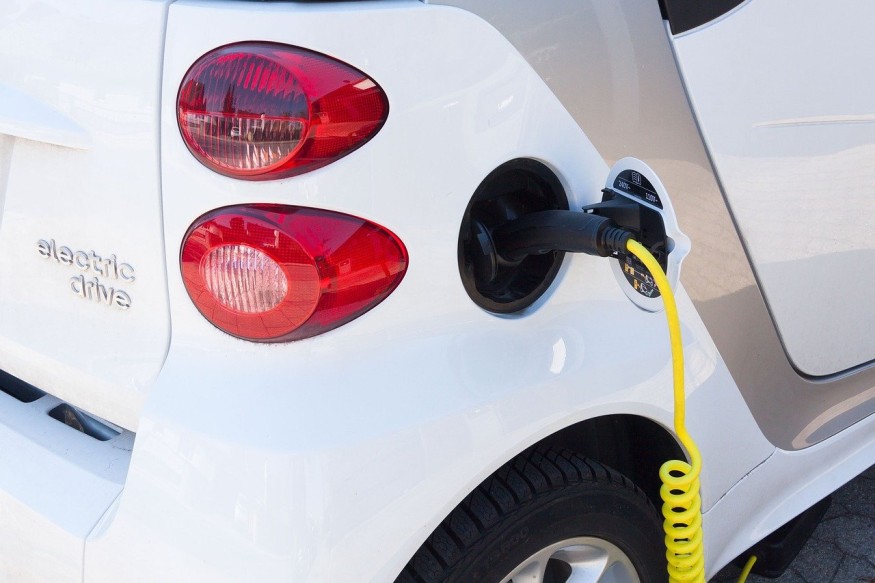Those looking to transition from a conventional fuel-powered car to a fully electric car will find that it is a brave new world. The ownership experience of having an electric car is different from the traditional car, so you might see yourself adjusting to many of the car's new features.
The new owner should consider many things before buying an electric car. It requires many adjustments from your home, your workplace, and your driving habits. It is not enough to treat it as just a quiet gas car or you will see yourself in disappointment.
To help you decide whether you should buy one or not, here are the things that you should consider first before buying one.

Where and How To Charge an Electric Vehicle
Electric vehicles are now trending, and there are already several public charging stations. According to My EV, it is still more convenient if you can charge it at home using a standard 120-volt wall outlet, called Level 1 charging, although it could take eight to 24 hours to charge fully.
It would also be convenient if you could have an electrician install a 240-volt service in your garage for Level 2 charging to replenish the battery of your electric car in just four hours. But if you decide to do it outdoors, you can also purchase a charging unit and have it professionally installed.
ALSO READ : 5 Reasons to Own an Electric Car
Power Plugs are Not Created Equal
Although there is already a standard for electric car plugs set by the Society of Automotive Engineers, the group who assigned SAE grades for motor oil, not everyone agreed. Currently, there are three types of charging options. The Level 1 and Level 2 charging options were mentioned above, while Level 3 is also known as the DC fast chargers.
Level 3 charging is the DC fast charging like Tesla's Superchargers. The Supercharger Version 3 can charge Tesla models at 250kWh, which the company charge for $0.28/hr.
The problem is, not all cars can be charged using Level 3, according to Popular Science. For example, if the car does not have the on-board circuitry and power plug to accommodate DC fast chargers, like the older versions of EVs, they cannot benefit from these chargers.
In other words, when buying an electric car, know first what type of chargers you would need to charge it.
Don't Treat Your Electric Car Like an Appliance
Unlike the regular appliance, electric vehicles are more like a USB socket that has both communication and power capabilities. An article in Popular Science said that communication with EVs could run some problems with the dialect even when the same language is spoken. That means a Tesla car connected to a non-Tesla charging station may charge for a slower rate than both the car and charger are capable of doing.
Sometimes, even cars that are deemed compatible with charging networks can also have the same problem, charging much slower than it should be.
Electric Car's Range
The current models of electric vehicles could run up to 200 miles when fully charged, which means that range anxiety is less of a concern, My EV reported. But still, it is best to check if the car's range is sufficient for your daily commute and weekend activities.
With regards to estimating your needs for an EV's range, it pays to overestimate it as a precaution to your varied mileage.
Check out more news and information on Electric Car on Science Times.












